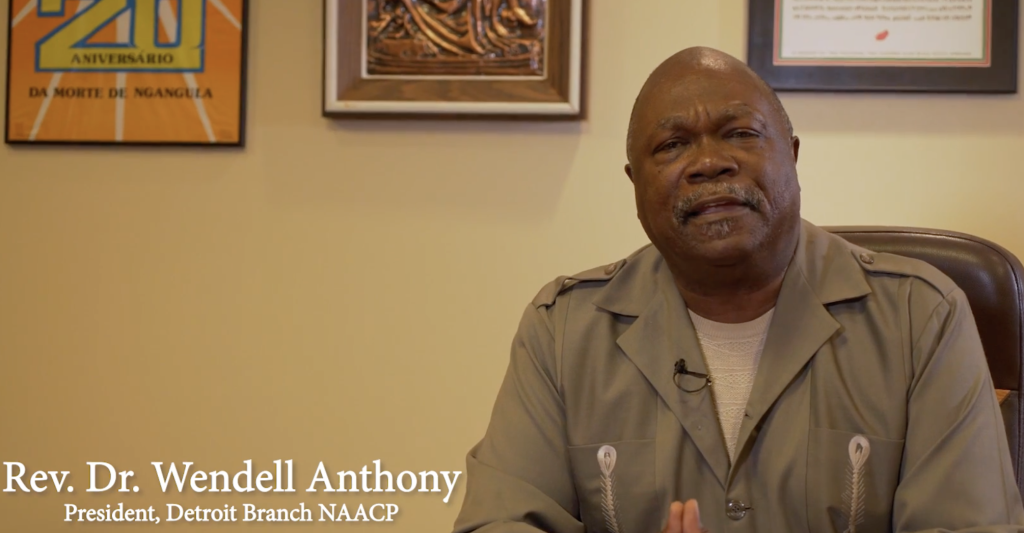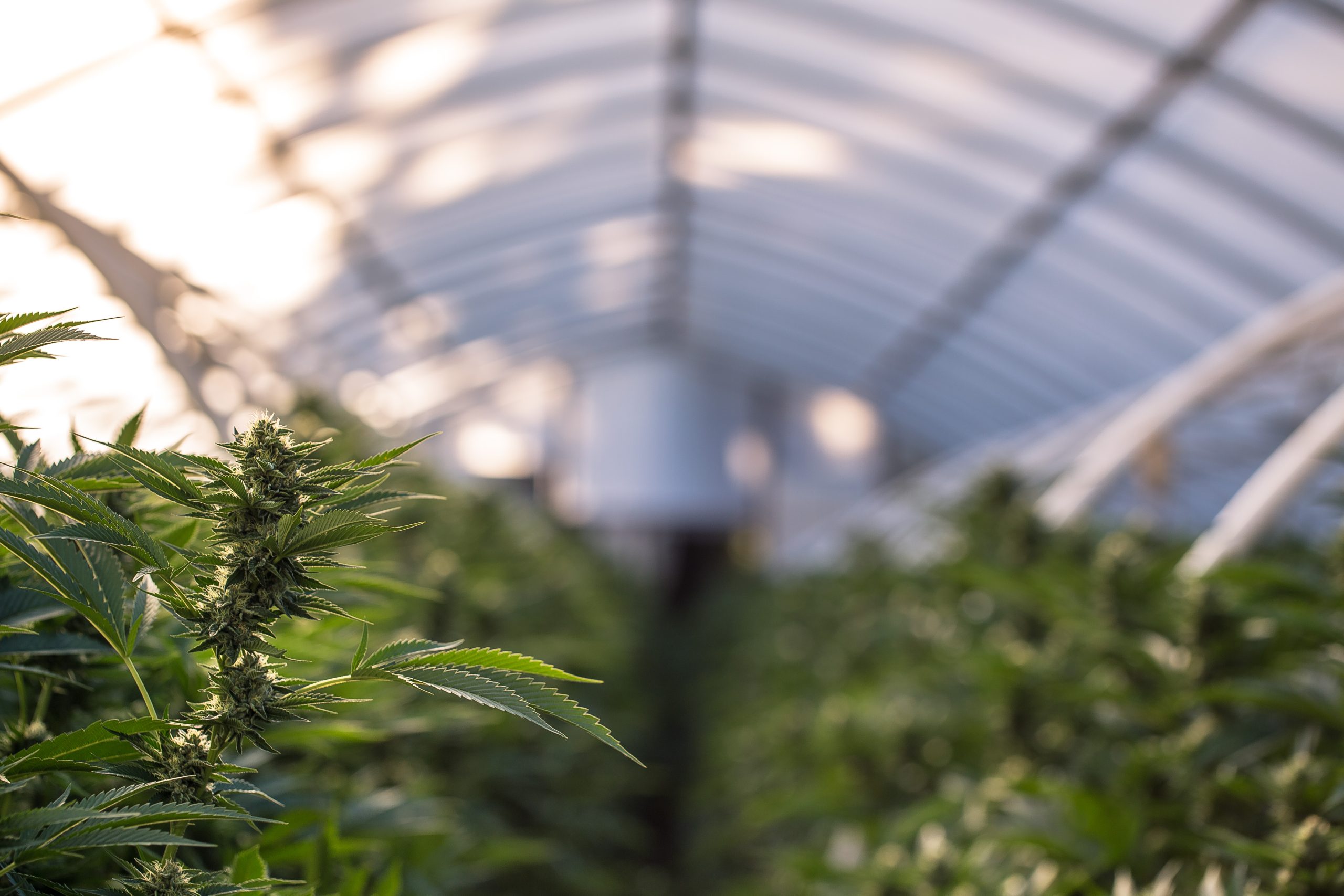
Today, a group of new supporters gathered in Detroit in opposition to Proposition 18-1. This group includes:
- Reverend Horace Sheffield, Detroit Association of Black Organizations
- Yvette McElory Anderson, Field Director, Fannie Lou Hamer PAC
- Reverend Dr. Wendell Anthony, President, Detroit Branch NAACP
- Kamilia Landrum, Deputy Director, Detroit Branch NAACP
- Bishop Corletta Vaughn
- Dr. Kevin Sabet, President, Smart Approaches to Marijuana Action
“We’re proud to stand with these Detroit leaders and fight for social justice. Legalization is about a few rich people getting richer, not social justice. More African American and Latino kids have been arrested for pot since legalization began in Colorado. Legalizing drugs hurt these communities most,” said Dr. Kevin Sabet, president and founder of SAM Action and former Senior Drug Policy Advisor to President Obama.
“We do not support Prop 18-1 and what’s drafted in the proposal,” said Yvette McElroy Anderson, Field Director for Fannie Lou Hamer PAC. “It’s not going to benefit the people but only make profits for big business.”
“I urge you to vote no on the legalization of marijuana in the state of Michigan. Vote no on Tuesday, November 6. Don’t legalize, let’s decriminalize. Our children need hope, not dope,” said Rev. Dr. Wendell Anthony in a pre-recorded video viewable here. “The legalization of weed can also lead to the institutionalization of corporate greed. Do we really need that? Vote no on Proposal 18-1. I’ll see you at the polls.”
“As one who once struggle with drugs, which started with marijuana use, and as one who now provides Substance Abuse Prevention programs I know the dangers of drugs,” said Reverend Horace Sheffield. “And making marijuana legal for recreational purposes will do more damage than it will be fun.”
“Legalization has failed to address very real social justice harms such as the racial disparity in arrests amongst minorities,” said Abu Edwards, Field Director for Healthy and Productive Michigan.
The District of Columbia saw public consumption and distribution arrests nearly triple between the years 2015 and 2016, and a disproportionate number of those marijuana-related arrests occur among African-Americans. Furthermore, juvenile marijuana-related arrests have increased among African-American and Hispanic teens in Colorado after legalization. Between 2012 and 2014, the percentage of Hispanic and African-American arrests for teens under 18 years old increased 29% and 58%, respectively.
###
